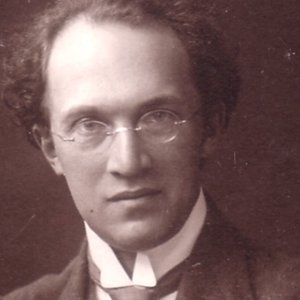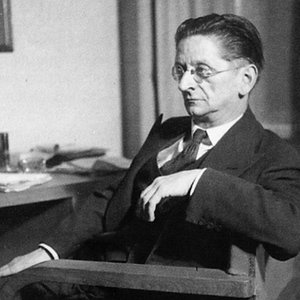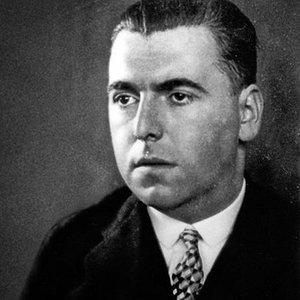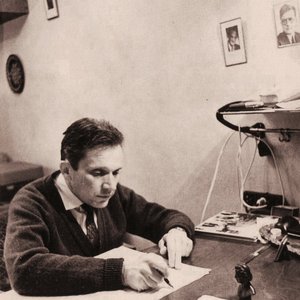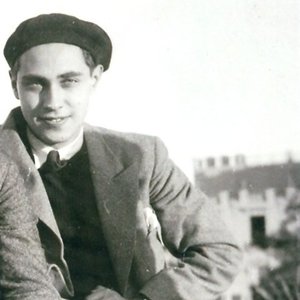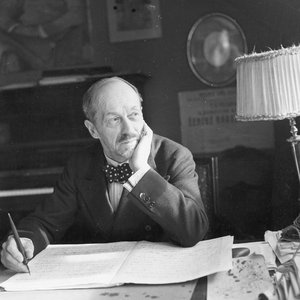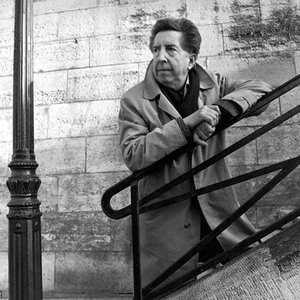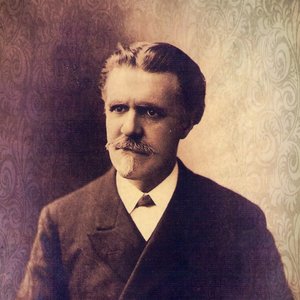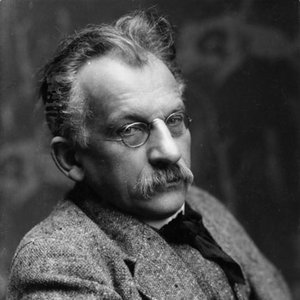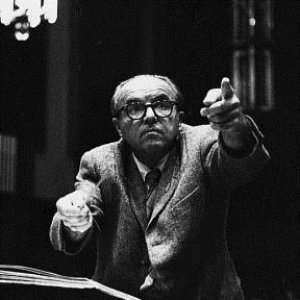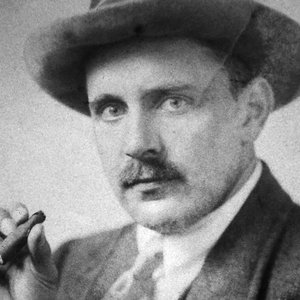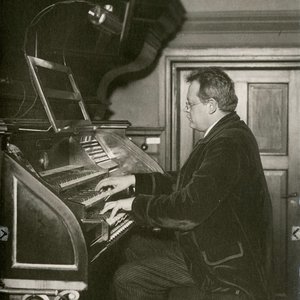Biography
-
Born
19 December 1882
-
Born In
Frankfurt am Main, Hessen, Germany
-
Died
19 March 1954 (aged 71)
Walter Braunfels (German pronunciation: ; 19 December 1882 – 19 March 1954) was a German composer, pianist, and music educator.
Walter Braunfels was born in Frankfurt am Main. His first music teacher was his mother, the great-niece of the composer Louis Spohr (Levi 2001). He continued his piano studies in Frankfurt at the Hoch Conservatory with James Kwast.
Braunfels studied law and economics at the university in Munich until after a performance of Richard Wagner's Tristan und Isolde he decided on music. He went to Vienna in 1902 to study with the pianist and teacher Theodor Leschetizky. He then returned to Munich to study composition with Felix Mottl and Ludwig Thuille. In February 1918 he was wounded at the front and in June 1918 on his return to Frankfurt converted from Protestantism to Catholicism, composing his Te Deum of 1920–21 "not as music for musicians but as a personal expression of faith."
He achieved early success with the melodious opera Die Vögel (The Birds, 1920), such that Adolf Hitler, not realising that Braunfels was half-Jewish, in 1923 invited Braunfels to write an anthem for the Nazi Party, which Braunfels "indignantly turned down".
Braunfels was invited by Konrad Adenauer, then mayor of Cologne, to serve as the first director (and founder together with Hermann Abendroth) of the Cologne Academy of Music (Hochschule für Musik Köln) from 1925 to 1933, and again from 1945 to 1950.
Walter Braunfels was well known as a composer between the two World Wars but fell into oblivion after his death. There is now something of a renaissance of interest in his works. His opera Die Vögel, based on the play The Birds by Aristophanes, was recorded by Decca in 1996 and has been successfully revived (for example, by the Los Angeles Opera in 2009).
Braunfels's music is in the German classical-romantic tradition. His Phantastische Erscheinungen eines Themas von Hector Berlioz is a giant set of variations. "Structurally the work has something in common with Strauss' Don Quixote—on LSD," noted David Hurwitz of ClassicsToday. "The orchestral technique also is quite similar, recognizably German school, with luscious writing for violins and horns, occasional outbursts of extreme virtuosity all around, and a discerning but minimal use of additional percussion" (Hurwitz 2005).
Braunfels composed music in a number of different genres, not only operas, but also songs, choral works and orchestral, chamber and piano pieces.
Artist descriptions on Last.fm are editable by everyone. Feel free to contribute!
All user-contributed text on this page is available under the Creative Commons Attribution-ShareAlike License; additional terms may apply.

